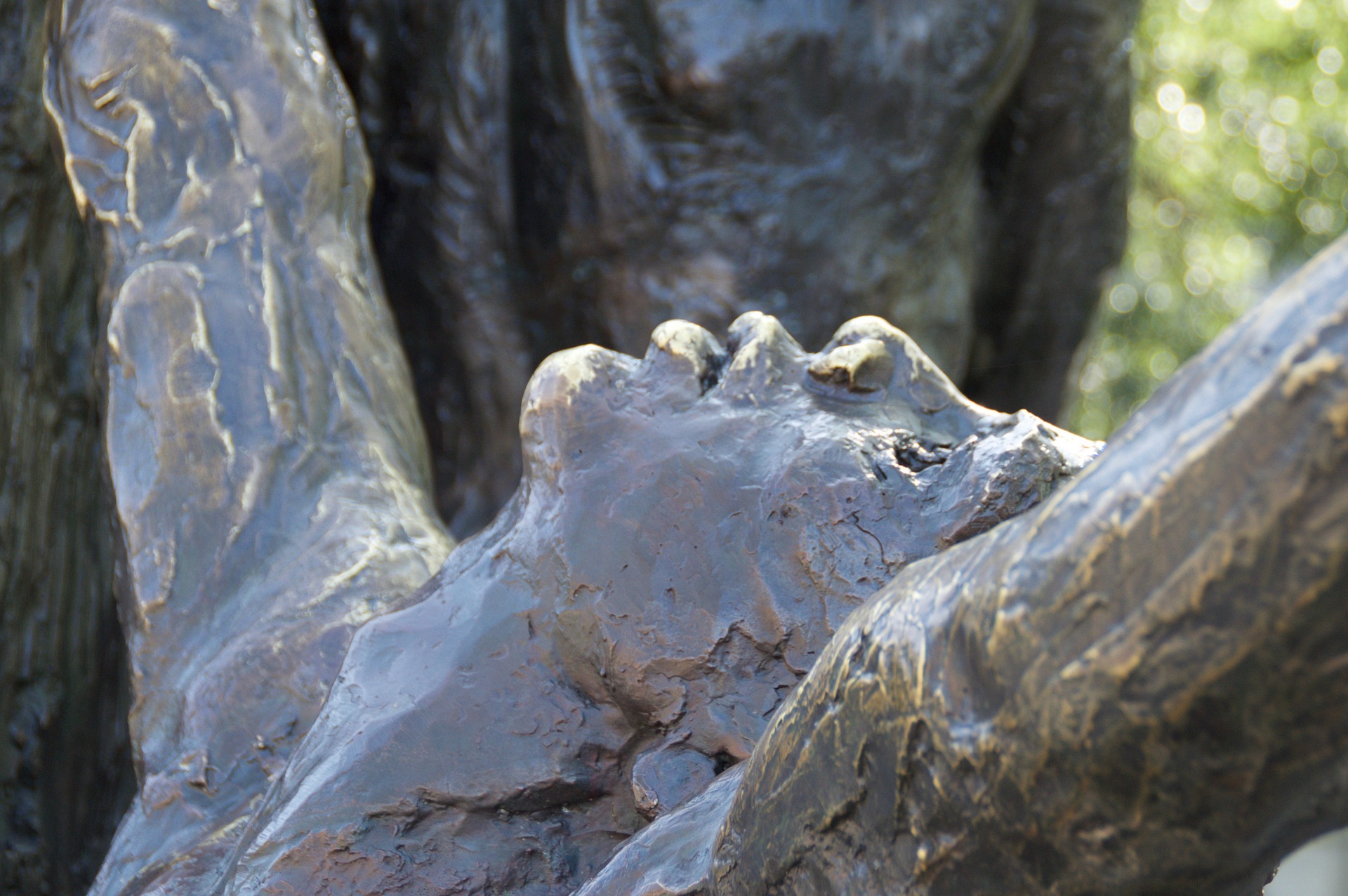Jesus answered them, “Truly, truly, I say to you, everyone who practices sin is a slave to sin. The slave does not remain in the house forever; the son remains forever. So if the Son sets you free, you will be free indeed.” John 8:34–36
The remaining studies in this Preaching Holiness Today series will focus on texts in the writings of John.
Wesley explained that the great gift of God, the salvation of our souls, is nothing other than the image of God stamped fresh on our hearts. It is a renewal of believers in the spirit of our minds after the likeness of him that created them. We are holy as he who called us is holy.
And where the Spirit of the Lord is, there is liberty. We are free from the law of sin and death. There is freedom from pride, self-will, fear, and doubt. Although temptations fly around us, we experience peace and calm. However, we are not children of the devil; we are children of God even before we are renewed in love (full salvation). We can have the assurance that we are forgiven through the merits of Christ. Even if we are weak, we ought not to cast away our confidence.
All salvation is not given at once. God works instantaneously as well as gradually in his children. But a person does not receive in the same moment the remission of sins, the abiding witness of the Spirit, and a new, clean heart. The new believer may remain in a state of peace for days, weeks, or months until some of their old enemies assault them again. God also sends the Holy Spirit to comfort and assure them that they are children of God. Now that they see the hidden abominations—the depths of pride, self-will, and hell—they hunger to be fully renewed in his image. Then God gives them a single eye and a pure heart. He stamps upon them his own image. He creates them anew in Christ Jesus.((Wesley, A Plain Account of Christian Perfection, §13; BE Works, 13:150–52.))
Wesley is contrasting bondage and freedom. Those who are bound by sin are the slaves of sin. God’s children are free (see also v. 32). John picks up this contrast in 1 John 3:4–10. Full salvation is not only freedom from the guilt, the bondage, and the power of sin but cleansing from the pollution and nature of sin and, ultimately, deliverance from the very presence of sin.
In the immediate context, the Jews were indignant that anyone would deem them slaves. Yet they lived under the shadow of Roman oppression. Many who regard themselves as free to do whatever they choose eventually realize that they are addicted. They need a power greater than their own in order to break away from their sins. Adam Clarke observed, “It is the interest of Satan to keep himself out of sight, and to work in the dark.” He also declared, “No man is truly free, but he in whose heart the power of sin is destroyed; and who has received the Spirit of adoption. . . The bondage of sin is the most previous bondage; and free from its guilt and influence is the greatest liberty.”((Clarke, Commentary, 5:579–80.))
William Sangster wrote that most commentators would emphasize freedom in principle but would not say that every taint of sin has gone. Wesley, however, tends to push words like freedom and destruction to their logical conclusion.((Sangster, The Path to Perfection, 46–47.)) Church members are more likely to be comforted in their sin than to ever hear there is freedom from sin. Yet William Burt Pope wrote:
The deep desire of the regenerate heart is to be delivered from all unholiness and from all unrighteousness: to realize that ideal which is said in the epistle to the Ephesians to have been in the Divine mind concerning us when He “predestined us to the adoption of sons to Himself . . . that we should be holy and without blame before Him in love.”((Pope, “The Perfect Exemplar,” The Inward Witness, 246.))
Such desires are God-given. God can do more than we can ask or even imagine (Eph 3:20). Full salvation is richer and more glorious than most preaching of the gospel ever declares.
Sermon Suggestions
Would you characterize your life as free or in bondage?
- Sinners bound by the practice of sin can be set free.
- Believers who discover an inward nature of sin can experience greater deliverance.

